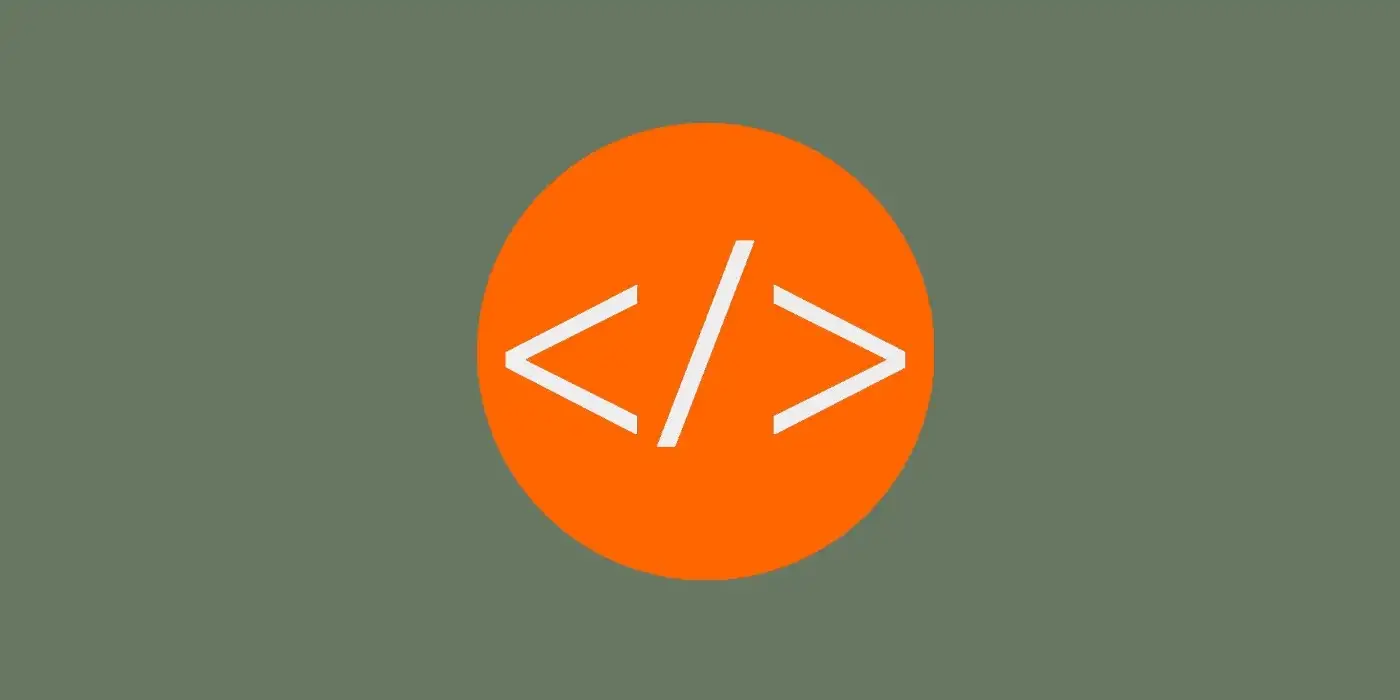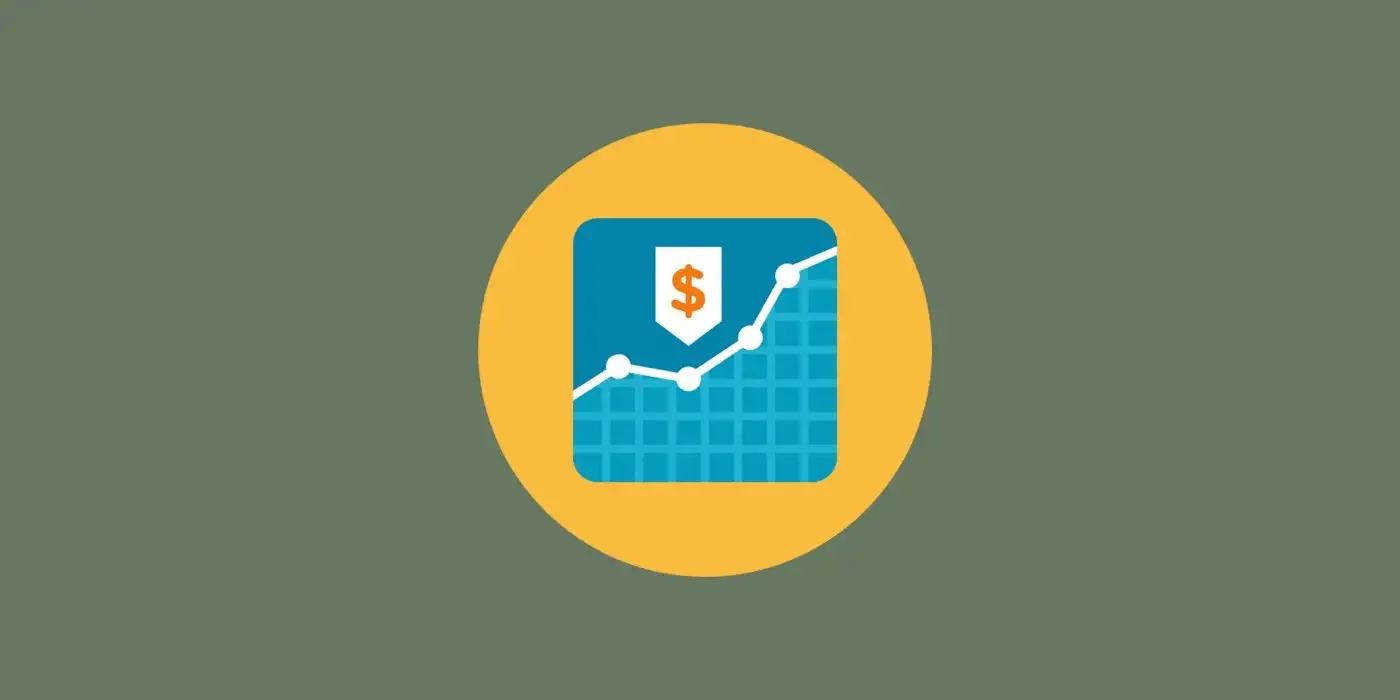
I’ve been a freelance web developer since 2011. In 2020, I started freelance writing on the side as well. I started unintentionally when a startup approached me to write for them, having been impressed with a piece I wrote here on Medium.
Since then, I have found writing to be both a welcome change of pace from coding and a lucrative business.
After two years, here’s how freelance writing compares to freelance web development. If you’re interested in broadening your horizons or diversifying your income streams, read on.
Earnings
First things first. How do the earnings between these two fields compare?
As a web developer, I charge mainly by the hour. As a writer, I usually charge per article. However, I’ve been tracking the time I spend on each article, including research, writing, and editing. It turns out that my effective hourly rate as a writer is about 60% higher than my hourly rate as a software developer!
This is saying something because I’m a senior developer with reasonably high earnings.
So, you may be thinking, why not switch to writing full-time? Read on to find out.
How I find work
This may not apply broadly (I’d love to hear your experience in the comments), but how I find writing work is completely different from how I find coding work.
In my career as a software dev, I mainly used Upwork to find clients for years. In recent years, referrals and repeat clients have been keeping me busy enough that I never have to look for work anymore (I still kept my  Is Upwork Premium Worth It?Upwork premium plan though).
Is Upwork Premium Worth It?Upwork premium plan though).
In writing, it’s been all about content creation and networking: about half of my clients approached me after reading my work on Medium, and the other half came through referrals from other writers with whom I’m in contact.
Pro tip: to make my referrers happy, I pay them 20% of everything I make from the client they referred. Forever.
Quality of clients
Finding good clients as a writer is much more difficult than finding them as a developer.
When I seek development work, I follow a simple principle:
Apply to projects that are at the core of the client’s business.
For example, build a startup’s software that they intend to sell as a service. Don’t build their CMS that’s an afterthought for the founders.
Most clients follow a few guidelines to hire web developers. They are willing to spend well on core systems. They are also willing to pay for quality work and not rush to meet arbitrary deadlines because their business depends on it.
None of this is the case with content. Companies usually set goals of churning out a certain number of blog posts per month and the quality of individual pieces won’t make or break their business.
As long as minimum standards of quality are met, they’re happy.
And, let me tell you, there are a million writers out there who are happy to meet those minimum standards for embarrassingly low pay.
Clients that put a premium on quality are few and far between, and you have to put real effort into finding them.

Growth opportunities
Researching articles and chatting with entrepreneurs is a wonderful way to expand your knowledge. Converting that knowledge into writing invariably raises new questions, requiring more learning. This chain of events is bound to broaden your horizons, not to mention increase the odds of becoming a successful entrepreneur yourself.
Coding is less likely to pay knowledge dividends. However, it is more likely to pay actual dividends — senior software engineers are the most likely among employees/contractors to be given startup equity. That’s because they are difficult to replace. Founders know that equity (under proper conditions) makes the developers’ goals better aligned with the company’s goals.
Write for learning opportunities, code for earning opportunities.
Stress
The worst thing that can happen when you write a subpar article: the editor returns it and your ego is bruised.
The worst thing that can happen when you write subpar code: the company’s software crashes, private user data is exposed, hackers run away with your funding, and you end up on a CNN segment about the importance of data security.
Writing is joyful and creative (the occasional tight deadline notwithstanding). Coding is fulfilling in its own right but it requires a lot more focus and diligence because mistakes can be much more costly.
In terms of stress, writing is a blessed relief.
Community
The communities around freelance writing and freelance development are quite different.
If you’re transitioning from writing to development, you may find it difficult to navigate the rough-around-the-edges, male-dominated software dev community. Don’t expect them to consider your feelings, mince words, or take it easy on beginners.
If you’re transitioning from development to writing, you may find it difficult to understand how the hell anything gets done between all the talking and politeness. Writers tend to be more congenial and less direct.
In my experience, when asking for help:
Software devs will call you an idiot and then help you. Writers will send you a motivational four-paragraph letter about how amazing you are and maybe help you in the end.
Learning curve
In both trades, you can learn all your life and still feel like you’re making progress. The learning curve greatly depends on your personal situation. Are you better with numbers or words? What sort of background do you have? Are you surrounded by people who can help you one way or the other? There is no formula to plot learning curves.
With that said, software development is orders of magnitude more complex than writing.
If you have a good command of the English language and a reading habit, you’re already halfway to being a respectable writer. There’s no such thing in dev: you don’t have a habit of writing commands for computers. You didn’t start learning about data structures when you were 5. You start from scratch. In addition, there are many more paths you can take, and these paths overlap unexpectedly and repeatedly.
Conclusion: find your ratio
The soft  Which Skills Are Best for Freelancing in 2025?skills in freelancing transfer easily between freelance writing and freelance programming (and freelance anything, for that matter). If you want to switch from one to the other, the friction should be much lower than when you first started freelancing.
Which Skills Are Best for Freelancing in 2025?skills in freelancing transfer easily between freelance writing and freelance programming (and freelance anything, for that matter). If you want to switch from one to the other, the friction should be much lower than when you first started freelancing.
But you don’t have to pick one. You can combine them in any ratio you like.
Currently, around 70% of my income comes from freelance software development. The rest is split evenly between freelance writing and passive income. You may be best suited to the opposite; or a 50–50 split; or 100% writing. One thing’s for sure: diversification makes you more resilient to market shifts and less likely to suffer dry spells. It expands your network and broadens your horizons.
Don't miss the next blog post!
I publish a new blog post every Wednesday. Join the newsletter to get:
- One valuable email a week.
- Zero spam.
- Exclusive content not found in the blog.
- Reply directly to me with questions or feedback.
Use the form at the bottom of this pageon the right to join the newsletter.


